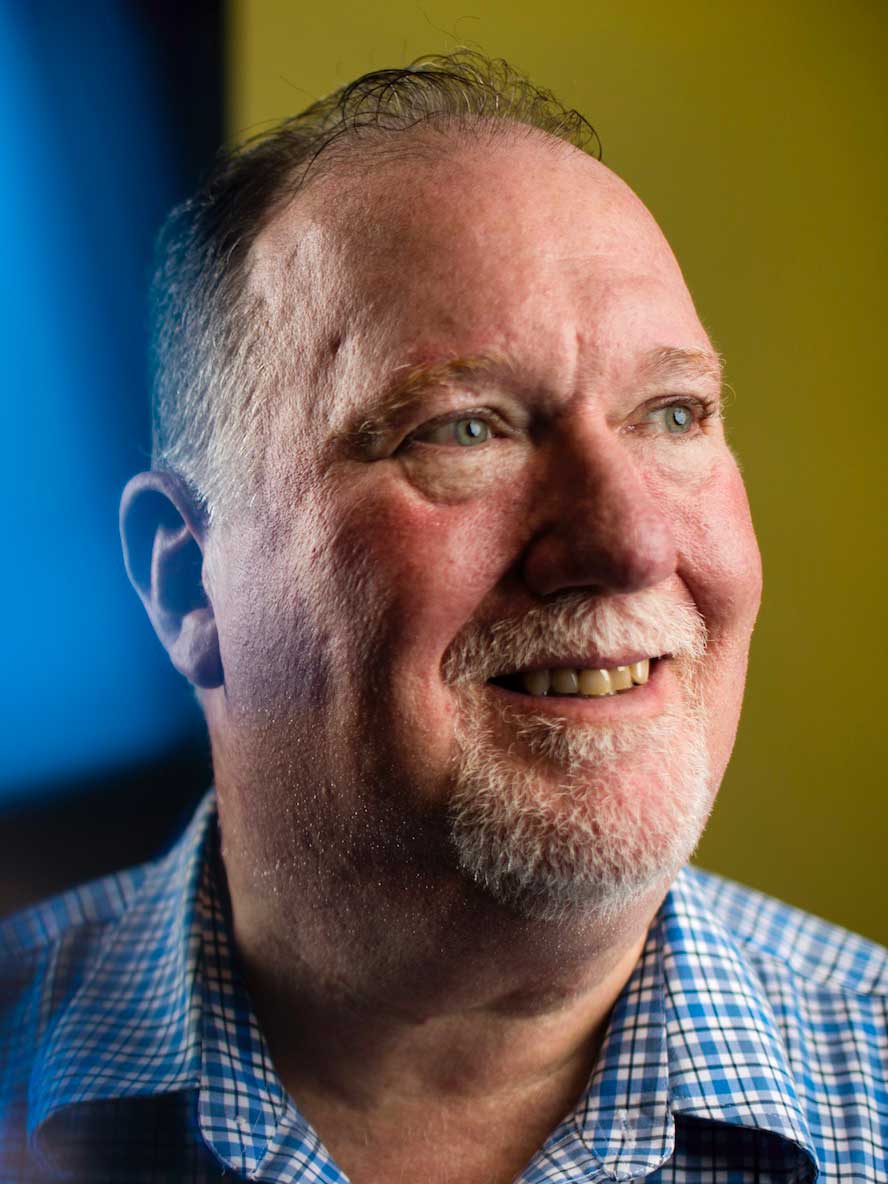
- This event has passed.
Chemical Engineering Fall Seminar Series: Vincent G. Harris
October 8, 2025 @ 12:00 pm - 1:00 pm
Seminar Title: Academic Scholarship vs. Entrepreneurship: Research choices in pursuing a career in academia at Northeastern
Location: 108 Snell Engineering Center
Abstract: Success as a faculty member at a Tier 1 research university—fair or unfair—still depends heavily on securing research funding and producing independent, high-quality scholarship with those resources. Yet, over the past two decades, there has been a profound shift in how faculty contributions are evaluated, with increasing recognition of entrepreneurship as an important dimension of academic impact.
This raises an important question: can one pursue academic research that satisfies both the rigorous standards of scholarship and the entrepreneurial expectations of a tenure and promotion (T&P) committee?
In this talk, I reflect on choices made over my three-decade career, including two decades at Northeastern, where my research evolved from pure scholarship to one deeply focused on market transition—ultimately leading to a successful spin-out company founded 17 years ago. I will discuss the challenges of bootstrapping a start-up versus pursuing venture capital funding, and the unique satisfaction that comes from building a company from the ground up.
Much of this work was—and continues to be—performed at Northeastern, with many of the start-up’s employees being former students. The science and engineering behind it sit at the intersection of physics, chemistry, materials science, and RF engineering.
I will attempt to satisfy the audience’s appetite in S&T by reviewing some of the meaningful contributions made by my students that have been commercialized and impacted society.
 Vince Harris has built a distinguished career spanning more than 35 years at the intersection of science, technology, leadership, and national security. He has served in diverse roles, including engineer and physicist; innovator and inventor; mentor and educator; entrepreneur and CEO; Department of Defense branch chief; Department of State policy expert; and global defense teaming lead.
Vince Harris has built a distinguished career spanning more than 35 years at the intersection of science, technology, leadership, and national security. He has served in diverse roles, including engineer and physicist; innovator and inventor; mentor and educator; entrepreneur and CEO; Department of Defense branch chief; Department of State policy expert; and global defense teaming lead.
His expertise lies in advanced multifunctional materials and RF electronics, with pioneering contributions to magnetism, magnetoceramics, RF device physics, and novel RF systems. His work has shaped technologies ranging from handheld communication devices to advanced radar platforms, as well as permanent magnet materials critical to defense and national security.
In 2025, Harris was recognized as the world’s leading researcher in the modern history of ferrites, ranked first among more than 28,500 scientists worldwide. His scholarly impact has earned him Fellow status in numerous professional societies, including AAAS, APS, IEEE, NAI, the UK Institute of Physics, and AIIA, and he has been honored as both a Fulbright Fellow and a Jefferson Science Fellow. His contributions have further been recognized with some of the field’s most prestigious awards, including the W. David Kingery Award and Edward C. Henry Award from the American Ceramics Society, the Distinguished Scientist Award from The Minerals, Metals and Materials Society, the Lee Hsun Scholar Award and Lectureship from the Chinese Academy of Sciences, and designation as an IEEE Distinguished Lecturer in RF Applications of Magnetoceramics.